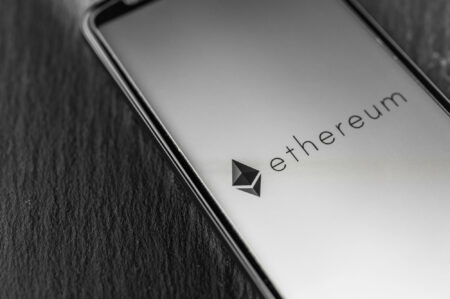What happened this week in the world of blockchain and cryptocurrencies? The most relevant local and international events, as well as interesting background reports, summarized in our weekly review.
Selected articles of the week:
The growing regulatory clarity around stablecoins is beginning to have tangible effects: an increasing number of banks and infrastructure providers are exploring their potential for payment systems. One example is Fiserv – a leading U.S. banking infrastructure provider – which has launched its own stablecoin, FIUSD. Specifically designed for the existing banking and merchant ecosystem, FIUSD aims to connect over 10,000 financial institutions and 6 million merchants directly. Built on the Solana blockchain, the solution enables even smaller regional banks to access real-time digital payments without additional integration costs. Strategic partnerships with Circle, Paxos, and PayPal further support the initiative. As a result, stablecoins are steadily emerging as a foundational component of modern payment infrastructure.
Fiserv plans stablecoin FIUSD in cooperation with Circle, Paxos & PayPal – for a banking and merchant network of 10.000 institutions.
Green Light for Tokenized Equities – SEC Sets New Precedent
There has also been noticeable progress on the tokenized shares side thanks to clear regulation. Dinari, a San Francisco–based fintech, has become the first U.S. company to receive an official broker-dealer license for trading tokenized stocks. The firm offers compliant access to so-called dShares – fully asset-backed tokens representing U.S. equities, settled via public blockchains. By moving away from traditional T+2 settlement toward near-instant execution, lower costs, and 24/7 markets, the model highlights the transformative potential of this technology. The SEC’s decision may well mark the beginning of a new chapter in capital markets – with broad implications for trading and financial infrastructure.
Dinari becomes the first US company to receive SEC broker-dealer license for tokenized stocks – dShares soon available for US platforms.
Staking Goes Regulated – Solana Leads with First U.S. ETF
Currently, the SEC is reviewing over 70 ETF applications, covering broad segments of blockchain infrastructure and application layers. This week, Solana became the latest key smart contract platform to gain regulatory access. The newly launched REX-Osprey SOL + Staking ETF combines price exposure with embedded network yield—offering institutional investors the first regulated U.S. vehicle for staking returns. The fact that yield-bearing Layer-1 assets are now entering traditional securities structures illustrates just how deeply blockchain functionality is beginning to merge with conventional investment formats.
USA launch first staking ETF with Solana – direct SOL investment plus passive on-chain staking now possible.
U.S. States Go Bitcoin: Treasury Allocations Gain Momentum
Bitcoin is becoming an increasingly integral part of state-level financial planning in the U.S. More than two dozen states are advancing legislation to establish their own Bitcoin reserves—a trend that is clearly gaining momentum. This week, Texas became the third state to formally commit to a strategic BTC reserve, following similar moves by New Hampshire and Arizona, where some laws mandate allocations of up to 5% of treasury funds. The momentum underscores how individual states are asserting financial independence from Washington—positioning Bitcoin as a store of value and hedge against inflation at the subnational level.
More and more US states are setting up Bitcoin reserves – New Hampshire, Arizona, and Texas introduce reserve funds, nationwide trend grows.
Transparency at Risk – Is a New Bitcoin Illusion Emerging?
Also noteworthy: As Bitcoin ETFs gain traction, concerns are rising about the emergence of a new shadow asset: so-called “paper Bitcoin.” Echoing the concept of “paper gold”—products that offer exposure without physical backing—the term refers to Bitcoin instruments that lack transparent, verifiable reserves. Although ETF providers are bound by regulatory obligations, cryptographic proof of custody is often absent. The debate makes one thing clear: in a system built on openness, transparency is becoming the ultimate measure of trust.
Is Bitcoin becoming paper gold? Rising ETF exposure fuels concerns over custody, transparency, and proof of reserves.









